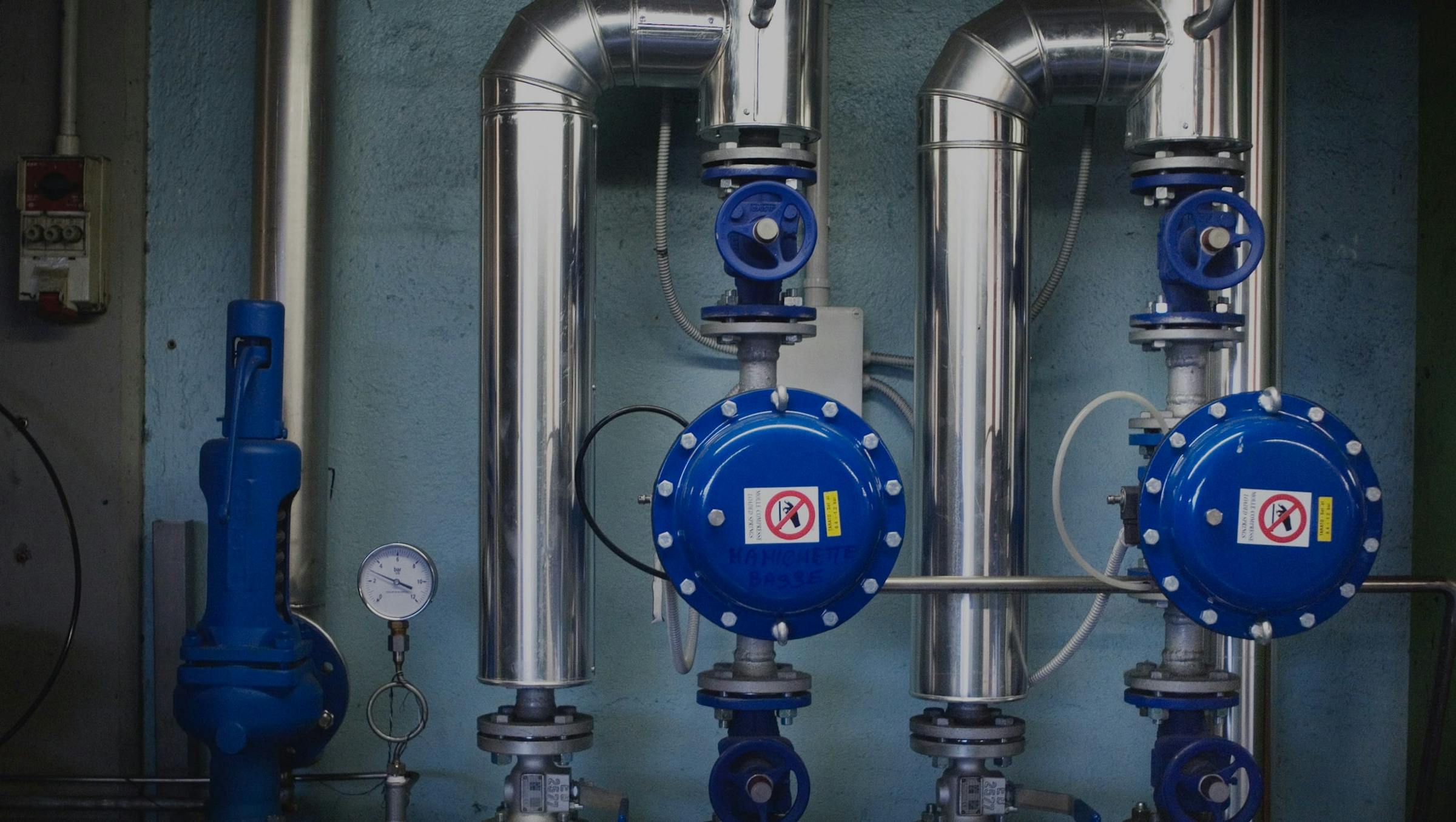Chemicals
Our challenge is to reduce the use of harmful chemicals and to increase the use of better chemicals.
Chemicals
Our challenge is to reduce the use of harmful chemicals and to increase the use of better chemicals.
We recognise that chemicals are needed in the production of textiles, but our challenge is to reduce the use of harmful chemicals and to increase the use of better chemicals. This is a big challenge, but we have taken steps in the right direction. We want all our products to be safe for consumers, the environment, and the people who work in the production process. One way to ensure that our production is safe for the surrounding environment is to only work with suppliers with proper chemical handling procedures and approved wastewater systems, as chemicals released with wastewater is a large source of chemical pollution in some countries.
Nudie Jeans requires all of its suppliers, whether production is outside or within Europe, to comply with European legislation and regulations on chemicals. All Nudie Jeans suppliers must sign and follow our Code of Conduct including our Chemical Policy. Nudie Jeans Chemical Policy includes a Restricted Substance List (RSL), which includes requirements on product-related chemicals, and a Manufacturer Restricted Substance List (MRSL), which regulates chemicals used in the production process. The Nudie Jeans chemical policy is based on the European chemical legislation REACH, but with stricter limitations for many of the listed chemicals.
The Nudie Jeans RSL is in accordance with, among others, the requirements of the RSL of the Apparel and Footwear International RSL Management (AFIRM) Working Group, and all chemicals used in the production of Nudie Jeans’ products should comply with the Manufacturing Restricted Substances List (MRSL) created by the Zero Discharge of Hazardous Chemicals (ZDHC) initiative.
Each season, we conduct random chemical testing to check that the requirements of the Chemical policy are upheld for our production. The Chemical Policy forms our basic requirements, and we continuously communicate with our suppliers about the chemicals used, as well as the handling and storage of the chemicals. It is of high importance for the suppliers to provide their employees with the right personal protective equipment (PPE), and also to offer training to increase awareness and knowledge of how to use PPE correctly and why it is important.
We only work with suppliers with approved wastewater systems, as chemicals released with wastewater is a large source of chemical pollution.
Water
Water is one of our most important resources. Access to clean and safe water is crucial for our continued well-being and our existence. As an active player in a very water-intensive industry, we continuously endeavour to reduce water use, but most importantly, we make sure to only work with suppliers with an effective wastewater system in place, to ensure that no contaminated water reaches natural water systems and their ecosystems.
Already at the raw material stage, water use is an important issue to tackle, because cotton needs water to grow. The water consumption of cotton depends primarily on the geographic location of the cotton field, where rainfed cotton farming in a favourable climate is preferable. According to a Textile Exchange report, organic cotton farming has the potential of reducing blue water consumption by 91%, compared to conventional cotton. This is mainly because of the widespread use of rainwater as a source for irrigation, together with effective irrigation systems such as drip irrigation, and smaller farmland sizes, which enhances farmers’ abilities to control and adapt practices depending on the specific needs of the farmland.
Denim fabric manufacturing also involves significant water consumption. The key part of the process is fabric dyeing. We work with a few carefully selected fabric suppliers for our denim. They are all engaged in sustainability-related issues and develop new technology and methods to save water during the dyeing process.
When it comes to denim washes, which give our denim a worn look, we see a rapid development of water-saving methods and technologies at our suppliers. The use of laser technology to create a washed look is a very effective substitute for hand-scraping and classical water washes for example. Using ozone washes decreases the need for water to achieve the same look and numerous water steam machines, sandpaper drums, and other creative developments decrease both water and chemical consumption at this stage.
Many of our suppliers are also working to reduce the use of normal stone washes. The issue with traditional stone washing is the large amounts of sand and sludge created and washed out with the water, which puts higher pressure on the treatment of the water and handling of the sludge. By decreasing the use of traditional stone washing, we are also decreasing the creation of sand and sludge in the water treatment plants.
